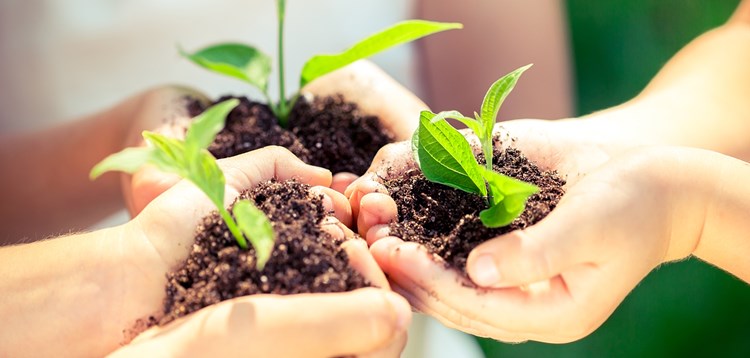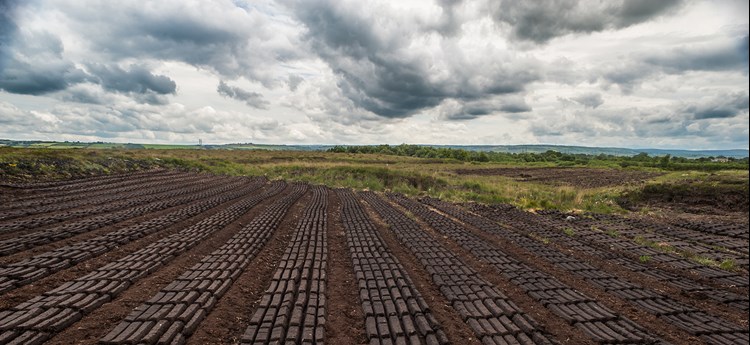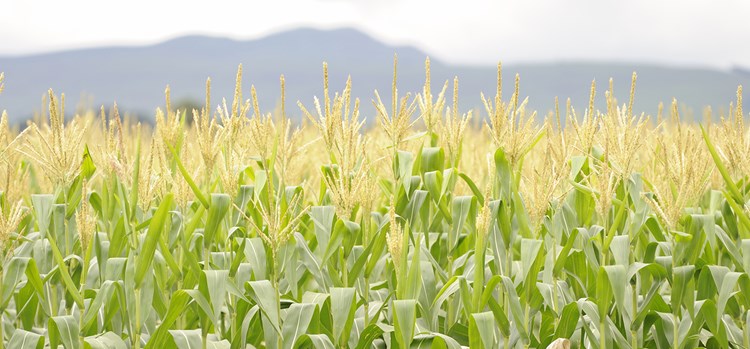Success for Save Our Soil campaign
Our soils are degrading at a shocking rate, so today we are delighted to see the government endorsing our campaign and taking action to save our soil.
In a ground-breaking report, the all-party Environmental Audit Committee (EAC) suggest that government departments should work together to ‘place soil protection at the heart of environmental policy’. We’ve campaigned for many years and finally the government has recognised the importance of healthy soil. This could not have happened without the support from all who have joined and donated.
Three key areas of action to save our soils.
Healthy soil is as important to life as clean air and water. The report endorsed the three key areas for action to save our soils that we have identified - a clear target for increasing soil organic matter, protecting lowland peat, and ending the destructive effects of maize. The EAC also used our campaign work on Seven Ways To Save Our Soil and Runaway Maize to inform their decisions. This is huge progress. “Despite us relying on a thin, vulnerable and deteriorating layer of soil for most of our food,” says Peter Melchett, our Policy Director, “this is the first all-party parliamentary committee enquiry into soil that we know of.”

Soil matters - what can soil do for me?
The MPs found that soil “provide(s) essential services to society”. At first this seems like a bold thing to suggest, but the EAC found that organic matter content and carbon level could mitigate climate change. One of the greatest threats of our time could be reduced by simply looking after our soil! As if soil wasn’t doing enough, it can also help us to tackle another of the major issues facing our planet: the issue of sustainably feeding the country. Carbon losses in the soil can threaten the sustainability of food production.
However, the report found that we are not using soil to its full potential. In fact, we are actually hindering its potential. Due to both soil erosion and loss of carbon we are not mitigating climate change like we could be and we are not feeding the country sustainably. The current state of soil erosion and carbon loss is instead creating a risk that the most productive land in England could become unprofitable within a generation!

For peat’s sake…
Why protect peat? Peatland soil has a high concentration of carbon in its soil, and as we know this is essential to reducing climate change. However, in the UK there has been a decline in peat. The MPs have found that this decline “could undermine the UK’s efforts to manage climate change”.
What should we do? The EAC suggested that the government needs to take tougher action to prevent land use that degrades peat. For example, sometimes peat is burnt or drained when there are no crops. The EAC suggests that peatland should be restored but should not minimise agricultural capacity. This seems like a tricky balancing act for the government. Luckily for them, there was a research report on this in 2011 that they can use to inform their plan.

Maize: not so amazing?
Maize can damage soil health! The EAC found that maize is only damaging when managed incorrectly, which happens in the UK. This has been made worse by a double subsidy for anaerobic digestion. Anaerobic digestion is when waste, or often maize, is used to produce electricity. This can make a farm self-sustaining, and therefore, more environmentally friendly. However, the report shows that this is actually counter productive if the maize is mismanaged and therefore damages soil health. This, as we know, is essential to a healthy environment.
What should we do? Currently, anaerobic digestion is doubly subsidised by the government. The report is therefore calling for the double subsidy to be reduced. They suggest either excluding maize from the subsidy or imposing strict restrictions to ensure best practise. The report says that the government needs to make sure that they are all singing from the same hymn sheet when it comes to the environment. If Defra cannot get other government departments to buy into their plan then they cannot reach their target of managing soil sustainably by 2030.
It’s time to save our soil.
The report finally recognised that soil is more than a tool for growth but it is “an ecosystem in its own right.” We completely agree with the EAC’s conclusion that Defra’s 25 year environment plan should “place soil protection at the heart of environmental policy” and that food and farming should work in harmony with the environment plan, not against it. This is a great step towards saving our soil before it’s too late, and none of it would be possible without your generous support and tenacity. But we still have a long way to go, and many challenges ahead.

